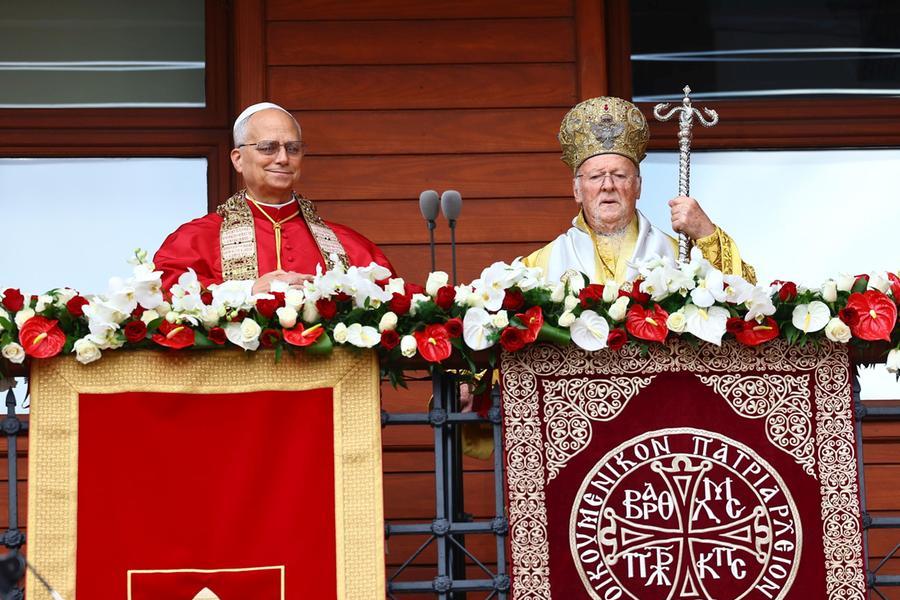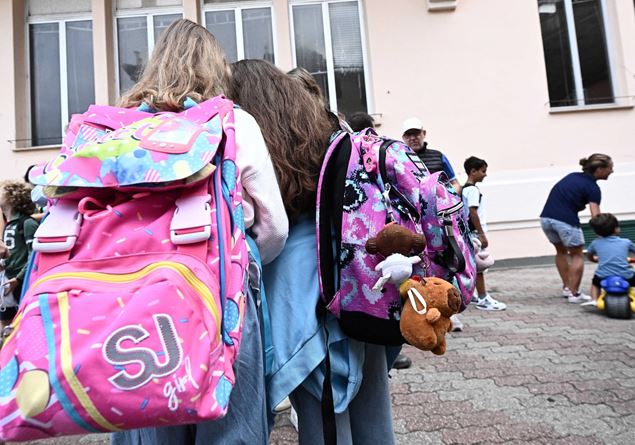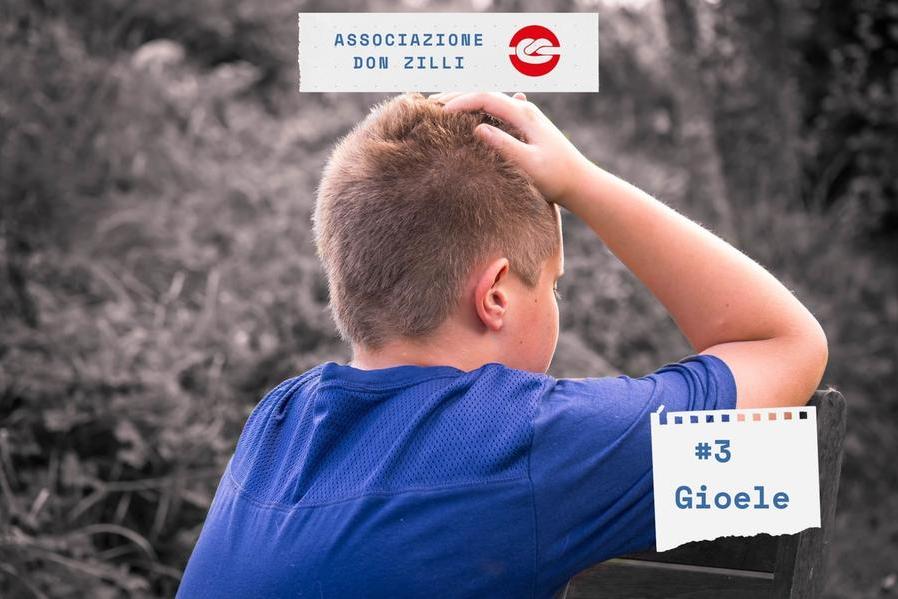“Be careful not to despise any of these little ones; for I tell you that their angels in heaven continually see the face of my Father.” (Mt 18.10)
The Gospel of the little ones
Jesus’ affectionate welcome towards children surprises his contemporaries, including his disciples, who were accustomed to considering them of little importance. Yet, in Scripture, God’s relationship with his people is often compared to that of a loving mother and a caring father towards his children. Their attitude “reflects the primacy of the love of God, who always takes the initiative, because children are loved before they have done anything to deserve it” (Amoris Laetitia 166).
Let yourself be loved with simplicity, recognize yourself as dependent without embarrassment, give importance to the laws of the heart and desire the good: they are lessons that children offer to adults and that Jesus indicates as a condition for welcoming the newness of the Gospel.
“Truly I say to you, unless you convert and become like children, you will not enter the kingdom of heaven.” (Mt 18.3)
Children, therefore, should never be despised or discarded: the Creator takes particular care of them.
The primacy of the little ones
Our best legal culture is also inspired by this evangelical vision of childhood, which recognizes the “best interests of the minor”: in every situation, children must be welcomed and protected, together with their family, so that they can grow up free and happy. Not infrequently, in fact, the signs of a wounded childhood are then reflected in adults.
Yet, even today, children’s lives are bent to the interests of adults.
When the interest of the adults prevails
Let’s think of the many, too many children who are “collateral victims” of wars: killed, mutilated, orphaned, deprived of homes and schools. To child soldiers, kidnapped and used as “cannon fodder”. To children “manufactured” in laboratories to satisfy adult desires, who are denied knowing their biological parents.
To the little ones who are denied the right to be born because they are not considered perfect.
To children involved in parental separations, used as tools of revenge. To girls forced into early marriages, to minors exploited in work or abuse. To children kidnapped, sold or victims of organ trafficking. To those forced into dangerous migrations to escape hunger or war. To children indoctrinated by ideologies or abandoned by distracted parents.
In all these cases, the interest of the adult prevails – the strongest, the richest, the most educated – who decides on the lives of others, masking selfishness behind “politically correct” and falsely altruistic words.
Peace begins with the little ones
Peace, freedom, democracy and solidarity are born from children. Where a society loses the sense of generativity, using its children instead of serving them and giving them life, relationships between adults also deteriorate.
“Many children are rejected, abandoned, robbed of their childhood and their future from the very beginning. (…) What do we do with solemn declarations of human rights and the rights of the child, if we then punish children for the mistakes of adults?” (Amoris Laetitia 166)
Even in Italy we need renewed attention to children. We live in an individualistic and not very generative society. It may be that children make noise, ask for attention, limit the freedom of adults – but welcoming their limits is the very measure of the ability to welcome the other. When children are not loved, all the vulnerable members of the community are discarded with them.
A Church that welcomes
Christian communities must also grow in their care of children: not only by preventing and healing every form of abuse, but by becoming true “welcoming homes” in liturgies, in education and in community life.
“Children need symbols, gestures, stories. (…) The spiritual experience is not imposed, but is proposed to their freedom.” (Amoris Laetitia 288)
The words spoken at Baptism – “our community welcomes you” – must be followed by a real dedication of time, resources and spaces for the little ones and their families.
Conversion of the heart
In society and in the Church there are many people and institutions who look after children: those who support difficult maternities, those who welcome, those who educate, those who protect. Everyone’s gratitude goes to them, because they make the world better not only for the little ones, but for everyone.
But we need a real one conversionin the double sense of return And change. Return to a culture that rediscovers the value of generativity and the joy of transmitting life. Change as the abandonment of narcissistic indifference which places only the adult at the centre, forgetting the future of children.
Fewer and fewer are born, and they are burdened by debt, environmental degradation, loneliness and conflicts generated by adults.
Listen to the voices of children
May Pro-Life Day be an opportunity for a serious examination of conscience: looking at the world through the eyes of children and asking – for once – how they would like things to go.










